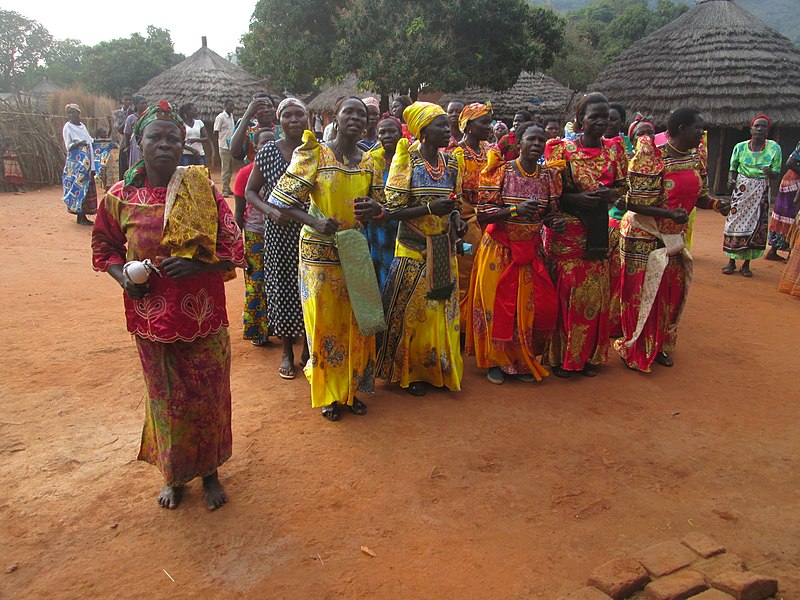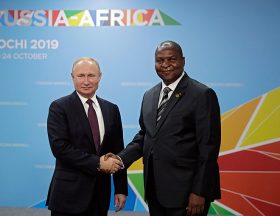According to the Organization for Economic Co-operation and Development (OECD), Africa is the continent where women face the “highest level of discrimination in laws, social norms and practices”. Several initiatives have been put in place to address this problem.
The United Nations will launch a program of 25 million dollars for the empowerment of rural women. The announcement was made by the International Fund for Agricultural Development (IFAD) via a press release posted on its website on March 16.
This program is called “Accelerating Progress Towards Rural Women’s Economic Empowerment (JP RWEE)”. It will run for five years. Its goal is to “secure the livelihoods, rights and resilience of rural women to advance sustainable development”. It is jointly led by UN Women, the Food and Agriculture Organization of the United Nations (FAO), IFAD and the World Food Program (WFP).
JP RWEE is funded by Norway and Sweden. Five countries, including three in Africa, are beneficiaries. These are Niger, Tanzania and Tunisia. Ultimately, the expected results are an increase in agricultural productivity, economic autonomy and leadership roles.
In practice, the programme, in partnership with the governments of the selected countries, aims to adapt policies concerning rural women, monitor their effective implementation with local authorities, and “address unequal power dynamics and discriminatory social norms, in order to achieve deep and lasting change”.
In Africa, all countries have ratified the Convention on the Elimination of All Forms of Discrimination against Women (CEDAW), and more than 40 have ratified the Protocol to the African Charter on Human and Women’s Rights. Peoples on the Rights of Women in Africa (Maputo Protocol). Still, according to data from the Organization for Economic Co-operation and Development (OECD), unpaid care and domestic work is attributed to women four times more than men on the continent.
Due to discriminatory educational standards and prejudices related to the abilities of boys and girls, several sectors such as construction, mining and quarrying or transport, storage and communication are more than 80% led by men. Economically, women’s capabilities are constrained by traditional discriminatory practices, discriminatory social norms and prejudices.
To stem the phenomenon, at the continental level, the African Union is leading a strategy for “gender equality and the empowerment of women”. This strategy spans ten years, from 2018 to 2028. It aims to identify “actions to be taken at continental, regional and national levels to ensure that gender is reflected in and through Agenda 2063”.
The United Nations initiative therefore reinforces the fight for the empowerment of women on a continent where, in 2020, the activity rate of women was 20 points lower than that of men.
As a reminder, JP RWEE is in its second phase. Four African countries had participated in the previous one. These are Ethiopia, Liberia, Niger and Rwanda.
































Réagissez à cet article